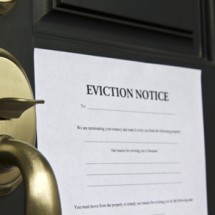Law Offices of John P. Connell, P.C.: In general, wine distribution laws in the United States are broken into three categories: those for franchise states, non-franchise states, and control states. Every state in the U.S. is considered an independent sovereign when it comes to the distribution of alcoholic beverages. For this reason, nationwide distribution of wine requires a familiarity with Continue Reading...





